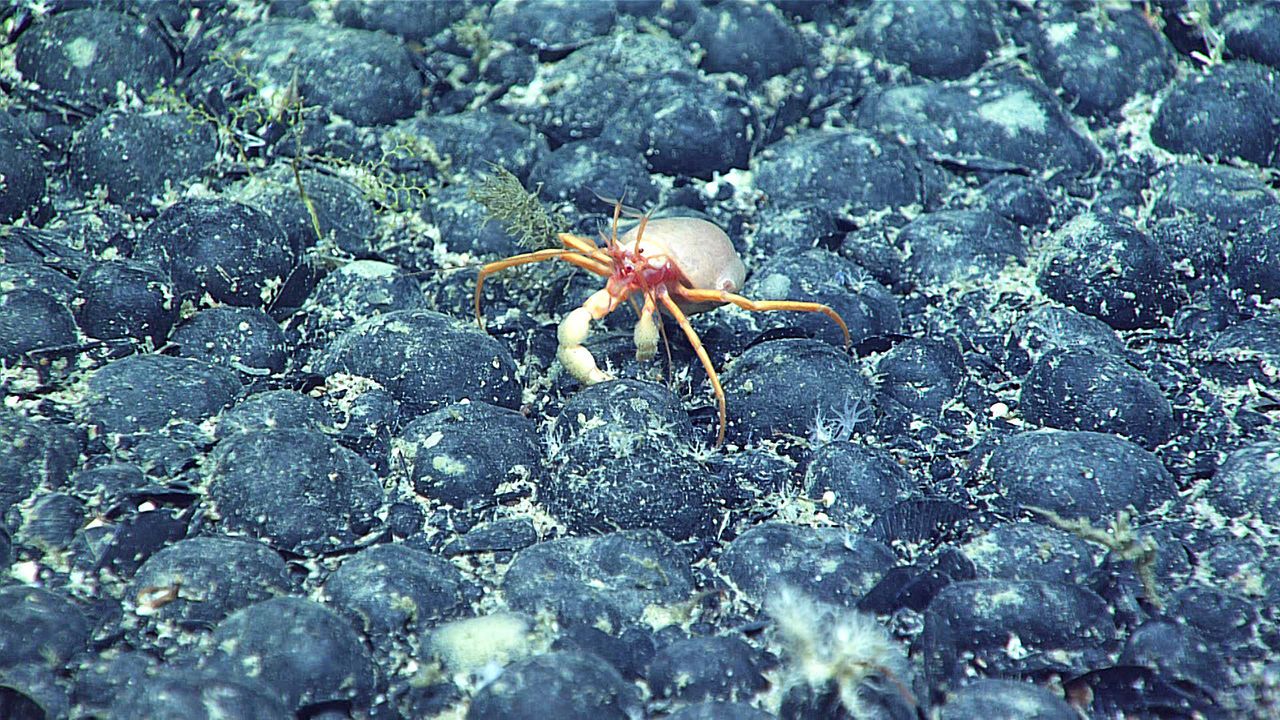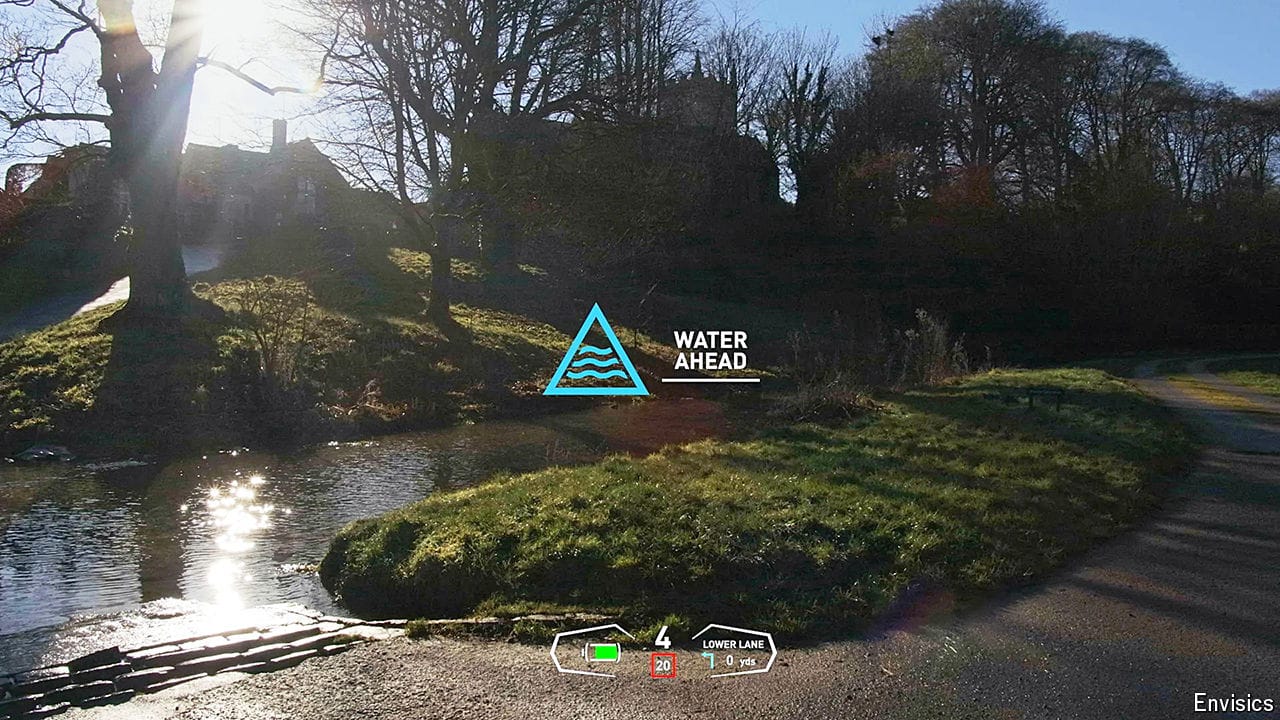The deep sea is home to “dark oxygen”
Nodules on the seabed, rather than photosynthesis, are the source of the gas

THE VAST majority of Earth’s oxygen is made as a by-product of photosynthesis, the use of light to convert water and carbon dioxide into sugars. Any oxygen found in regions where photosynthesis is impossible—such as the abyssal seafloor, a pitch-black realm up to 6,000 metres deep—was thought to be surface gas on the move.
This article appeared in the Science & technology section of the print edition under the headline “Deep breaths”
More from Science and technology

How Ukraine’s new tech foils Russian aerial attacks
It is pioneering acoustic detection, with surprising success

Augmented reality offers a safer driving experience
Complete with holograms on the windscreen

Clues to a possible cure for AIDS
Doctors, scientists and activists meet to discuss how to pummel HIV
AI can predict tipping points before they happen
Potential applications span from economics to epidemiology
Astronomers have found a cave on the moon
Such structures could serve as habitats for future astronauts
H5N1 avian flu could cause a human pandemic
Existing immunity and vaccines may soften its severity
